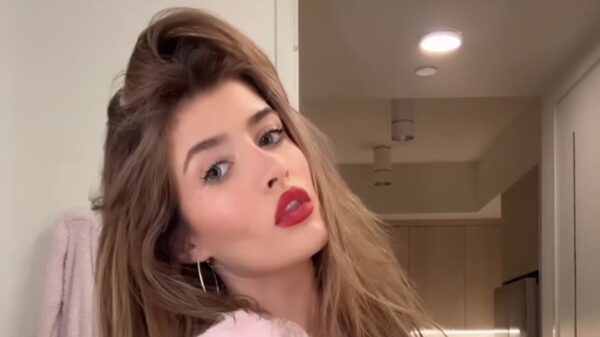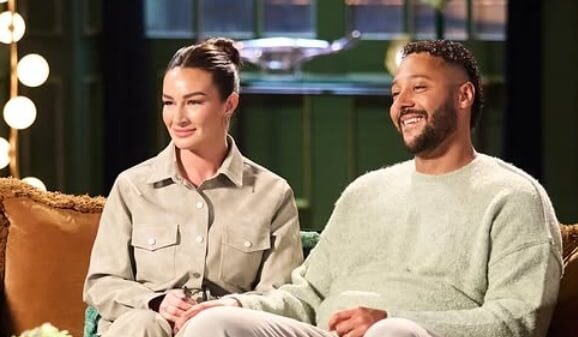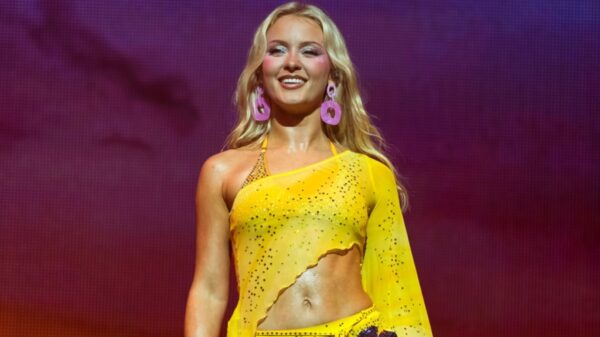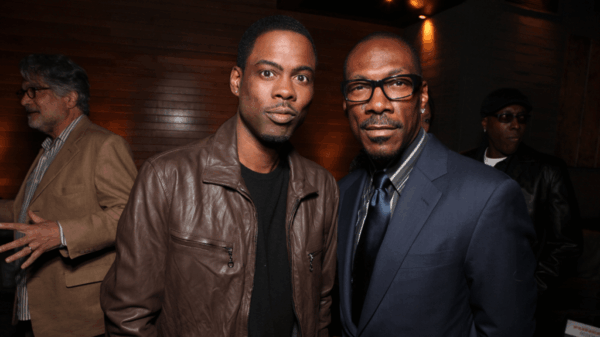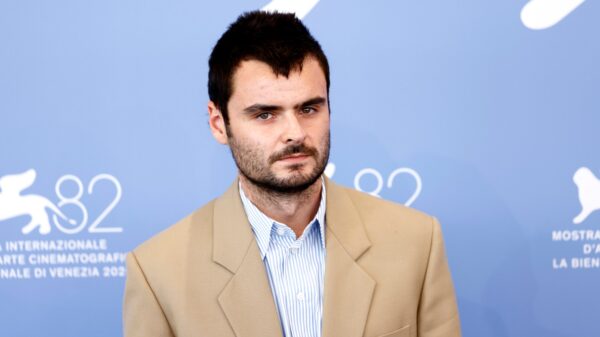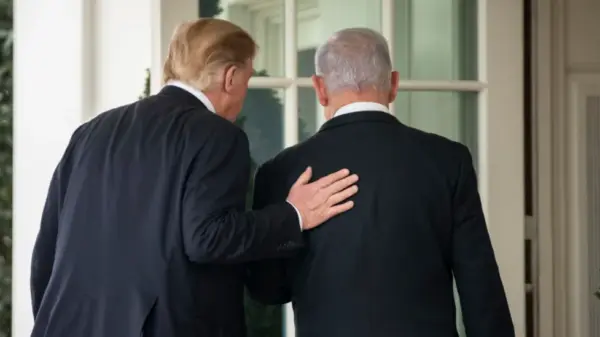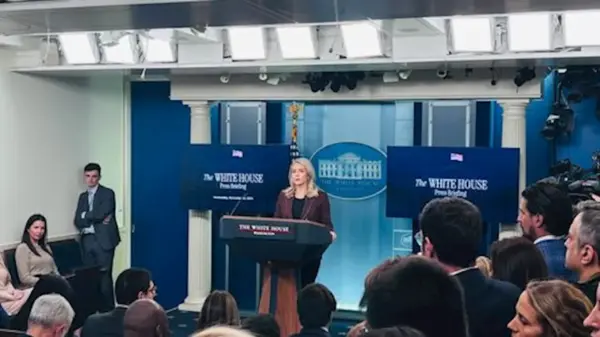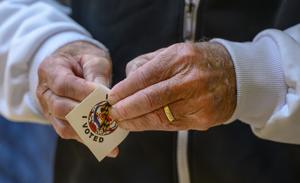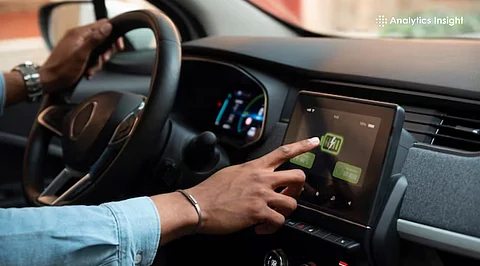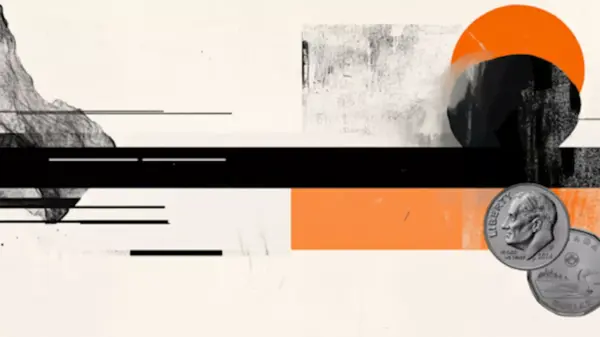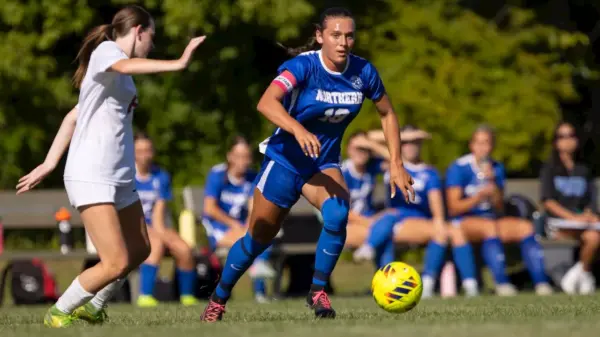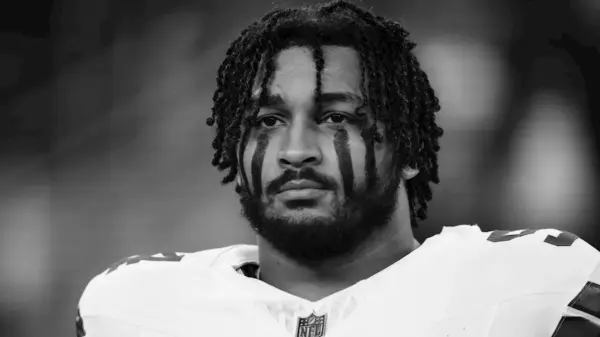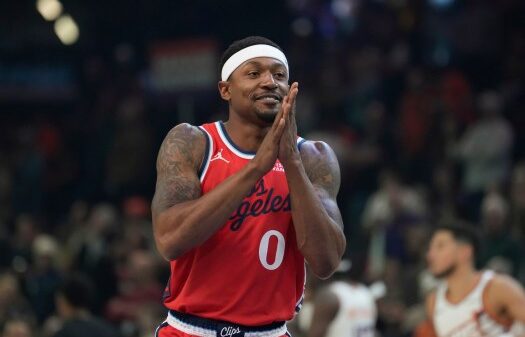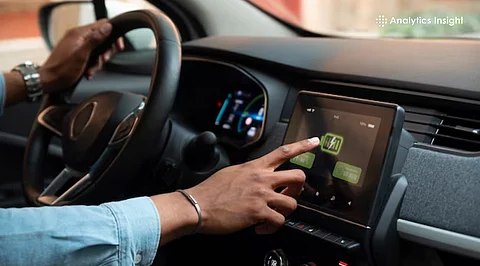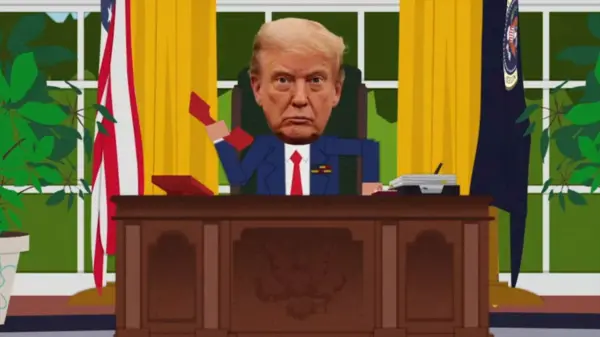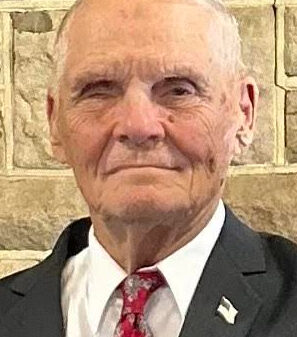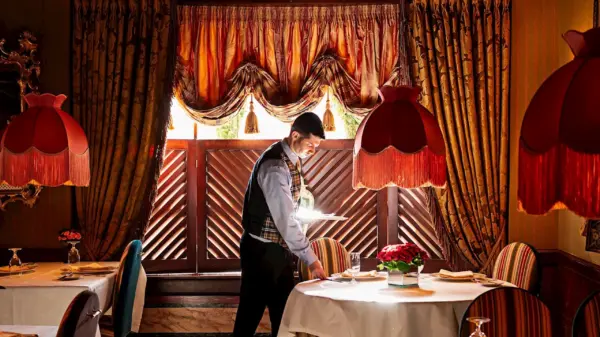UPDATE: New insights reveal how perceived attractiveness shapes relationship dynamics, sparking urgent conversations about emotional well-being. Experts, including licensed counselors Katrina Gelazius and Daniel Moultrie, confirm that disparities in attractiveness can trigger insecurities, validation struggles, and complex social perceptions among couples.
Just announced, the findings indicate that those who perceive themselves or their partners as less conventionally attractive face significant emotional challenges. Gelazius, based in Illinois, emphasizes that external judgments from friends and even strangers can introduce self-doubt. “This can fuel insecurity in the less-conventionally attractive partner,” she warns. Meanwhile, the more-attractive partner may grapple with feelings of being valued solely for their looks.
This emotional strain can create power dynamics within relationships, according to Moultrie, who practices in California. He notes that partners with histories of insecure attachment may experience heightened anxiety related to attractiveness. “For the less-conventionally attractive partner, internalized beauty standards may cause feelings of inadequacy,” he explains.
The emotional ramifications extend beyond individual feelings. As Moultrie points out, partners often project their insecurities onto each other, leading to misinterpretations of neutral actions. This projection can deepen the rift between partners rather than strengthen their connection.
Experts stress that the key issue lies not in objective differences in attractiveness, but in how each partner perceives themselves. “These dynamics are shaped less by actual differences and more by perceptions,” Moultrie states. Understanding this can pave the way for personal growth and stronger relationships.
Amid these complexities, Gelazius emphasizes the importance of open communication. Couples who foster emotional safety and mutual respect can mitigate the negative effects of societal standards. She advises, “Discussing insecurities openly and regularly affirming each other’s worth can create a more balanced dynamic.”
Social media is reflecting this conversation, with users sharing their experiences openly. On April 30, Instagram user @notwildlin humorously described feeling like he was “punching” above his weight in a relationship, prompting widespread engagement. His post highlights how beauty standards impact self-perception and relationships, igniting discussions about emotional safety and value beyond appearance.
Experts agree: when partners feel valued and emotionally secure, the power of perceived beauty disparities diminishes. Moultrie concludes, “Emotional understanding, respect, and secure attachment styles are stronger predictors of a healthy relationship than physical attractiveness alone.”
As these discussions continue to unfold, the emotional truths behind attractiveness and relationships demand attention. What happens next in this evolving conversation could reshape how couples navigate their dynamics in light of societal beauty standards.
Stay tuned for more updates on this developing story and its implications for relationship health.

